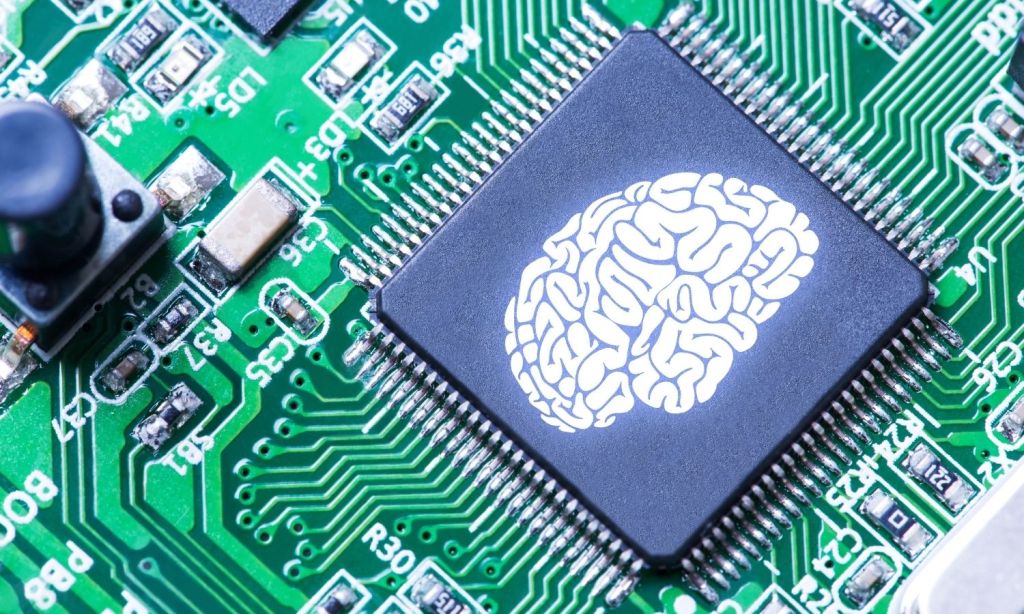Humanity and our toys have reached the stage where we now have to consider the moral rights of our creations. This is according to experts in the no-longer-science-fiction world of bio-computing — literally, creating computers from living tissue.
Scientists at the Australian biotech startup Cortical Labs have joined forces with bioethicists and medical researchers from around the world to publish a new paper urging us to take a good, hard look at the ethics of producing intelligent creations.
“Combining biological neural systems with silicon substrates to produce intelligence-like behaviour has significant promise, but we need to proceed with the bigger picture in mind to ensure sustainable progress,” Dr Brett Kagan, Chief Scientific Officer at Cortical has said.
The company is famous for creating ‘DishBrain’ — a structure made of 800,000 living human brain cells that were taught to play the arcade game Pong.
Intelligence at the cellular level?
Human brain cells in a dish learned to play a video game (Pong)https://t.co/UBurU3nBRF @NeuroCellPress pic.twitter.com/hU3pYhUOHB— Eric Topol (@EricTopol) October 12, 2022
In their paper, published in Biotechnology Advances, they lay out a roadmap for how humans can interact with and understand bio-computational creations.
Their messaging comes at a time when biocomputers — otherwise known as organoid intelligence — are starting to make significant inroads from imagination to reality.
One paper describes OI as having the potential to be “faster, more efficient, and more powerful than silicon-based computing and AI, and only require a fraction of the energy”.
The relationship with AI is complex, but most in this field see OI as the natural home of AI if we want to give digital machine learning intelligence a physical body. Of course, doing so comes with its own set of serious ethical concerns.
While philosophers have pondered the essence of being human for centuries, Professor Julian Savulescu from the University of Oxford’s Practical Ethics department warns that we haven’t really figured out what “consciousness” means in today’s tech world.
“As it stands, there are still many ways of describing consciousness or intelligence, each raising different implications for how we think about biologically based intelligent systems,” he has said.
It was English philosopher Jeremy Bentham who argued that, with respect to the moral status of animals, “the question is not, ‘can they reason?’ nor, ‘can they talk?’ but, ‘can they suffer?’”.
“From that perspective, even if new biologically based computers show human-like intelligence, it does not necessarily follow that they have moral status,” says co-author Dr Tamra Lysaght, Director of Research at the Centre for Biomedical Ethics, National University of Singapore.
Finding out where the line ought to be drawn over when ethical standards should apply to biocomputers is something that the team says urgent work needs to be done on.
That’s because this field is just getting started and could prove to be incredibly useful for humanity. Programmes like DishBrain could turbocharge our understanding of diseases like epilepsy and dementia, potentially offering insight into new treatments and even cures. Biocomputers could also be useful in future drug testing trials, helping to rapidly increase the speed at which new chemicals can be brought to market.
The authors also note that biological intelligences are incredibly energy-efficient compared to traditional silicon-based computing. In a world that needs to rapidly reduce its carbon emissions, bio-computing could be vital.
Related: Here Comes the Robot Army: American Company to Begin Making 10,000 Humanoid Bots
Related: Move Over, Taylor Swift: AI Can Now Create Full Songs from Text Prompts
Read more stories from The Latch and subscribe to our email newsletter.







